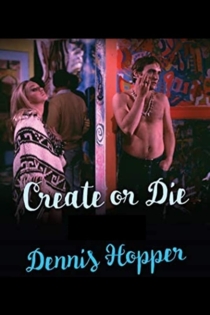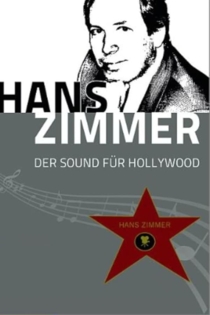
Ariane Riecker
2021Mein Vater, der Türke
Marcus Vetter, Ariane Riecker
Corinna Harfouch
The German filmmaker Marcus Attila Vetter has a Turkish father, Cahit Cubuk, and he goes to visit him for the first time in this documentary. He travels to the Anatolian village of Cubuk Koye, where his 72-year-old father lives with his wife and two daughters. A film crew that got there ahead of him interviews the hopeful father, who wonders what his son will be like. "If he's anything like me, he'll be warm-hearted. If he's more like his mother, the prospects are not very good." Marcus films the Turkish landscape and talks with his newly found family, who all cry many tears. Marcus's father feels that he had no choice back then but to leave Germany, and his halfsisters explain how much they missed their father when he was away. In the meantime, we hear passages read in voice-over from the diary of Marcus's mother Gerlinde, from the time that she was with Cahit - how they met, fell in love and ultimately broke up.
My Father The Turk

Dennis Hopper: Create (or Die)
Ariane Riecker, Henning Lohner
Dennis Hopper, David Lynch
We are taken though the principal milestones of Hopper's biography, including his debut start in Hollywood, the meeting with James Dean and the influence he played upon him, his insubordination on sets and conflicts with the Hollywood directors which led to his black-listing, the years in New, the making of 'Easy Rider' (with an interesting connection of the ultimate road movie with the French new wave directors), 'Apocalypse Now', 'Blue Velvet', 'Colors', his fight with dependency on drugs and alcohol. We come to know Hopper as a complex artist, a valuable photographer who had always a camera on him and whose portraits or American life shots figure among the best in the genre, but also a rebel painter (who may still be rediscovered and become famous in posterity) and exquisite art collector.
Dennis Hopper: Create (or Die)

Generation Wende
Ariane Riecker
In 1987 the Central Institute for Youth Research in the GDR starts asking then 14-year-old pupils in great detail about their lives and their political attitudes. Two years later, everything changes. The land disappears and the young people grow up in a new state. The former director of studies Prof. Peter Forster manages to continue the study after the political upheaval until today. Thus, a remarkable collection of material has emerged, fully spent yet in the GDR over the last born, childhood, and adolescence. There are the personal biographies of the study participants who bear witness to the process of transformation from a socialist system of the GDR into the capitalist system of the Federal Republic.
Generation Wende

